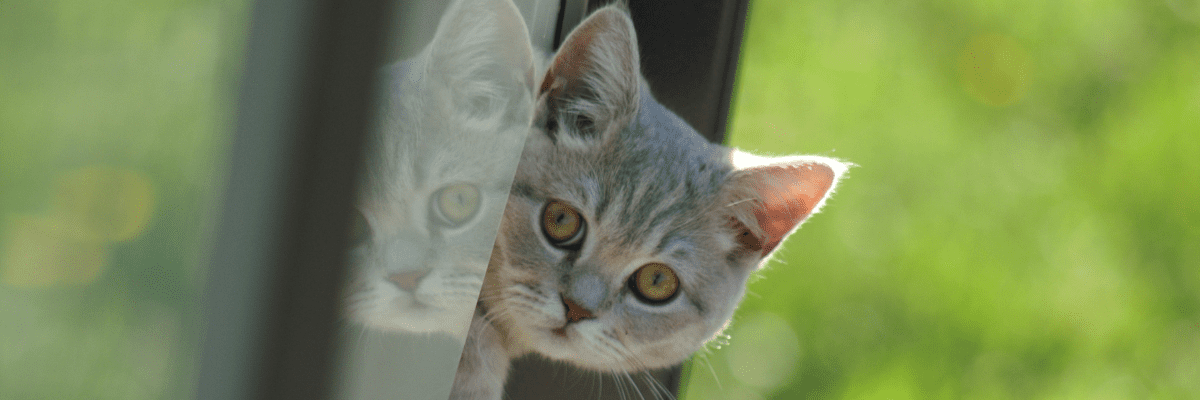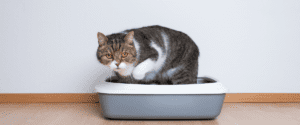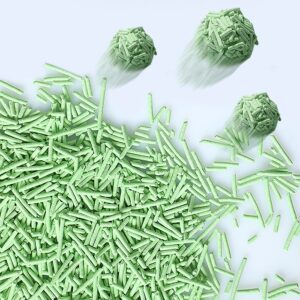Introduction:
As pet owners become more conscious of environmental sustainability, the demand for eco-friendly alternatives to traditional cat litter has grown exponentially. Among the emerging choices, plant-based cat litter has garnered considerable attention. Made from natural materials such as corn, wheat, soy, or recycled paper, these litters offer a multitude of benefits. This article explores the advantages of plant-based cat litter, including its eco-friendliness, dust-free nature, superior odor control, and how it contributes to the overall well-being of cats.
Section 1: Environmental Benefits :
Plant-based cat litter offers significant environmental advantages over traditional clay or silica-based litters. Clay mining for conventional litters results in extensive deforestation and habitat destruction. In contrast, plant-based litters are often made from renewable resources that require minimal processing. This not only conserves natural resources but also reduces carbon emissions associated with production and transportation.
Section 2: Reduced Dust and Allergen Exposure :
One common concern with traditional cat litters is the dust they generate, which can be detrimental to both human and feline health. Dust particles can irritate the respiratory system and trigger allergies. Plant-based litters, on the other hand, are generally dust-free or produce significantly less dust. This makes them a healthier option for both cats and their owners, particularly those with respiratory sensitivities.
Section 3: Superior Odor Control :
Effective odor control is a crucial factor in choosing the right cat litter. Plant-based litters often incorporate natural ingredients that help neutralize and absorb odors, keeping the litter box fresh and odor-free. Additionally, some plant-based litters contain natural antimicrobial properties, reducing the growth of bacteria that can cause unpleasant smells. These odor-controlling features contribute to a cleaner and more pleasant living environment for both cats and their owners.

Section 4: Cat Comfort and Safety :
Cats are known for their meticulous grooming habits, and as a result, they may ingest small amounts of litter. Plant-based litters are generally non-toxic and safe if ingested, reducing the risk of gastrointestinal complications. Furthermore, some plant-based litters offer softer textures, providing greater comfort for cats’ sensitive paws. This can be particularly beneficial for cats with allergies or sensitivities.
Section 5: Transitioning to Plant-Based Litter:
Switching from traditional litter to plant-based alternatives requires a gradual transition to ensure a smooth adjustment for your cat. We’ll provide some practical tips on introducing the new litter gradually, monitoring your cat’s behavior during the transition, and troubleshooting common issues that may arise.
Conclusion :
Plant-based cat litter offers a sustainable and eco-friendly alternative to traditional options, benefiting both the environment and the well-being of our feline companions. With their reduced environmental impact, superior odor control, reduced dust, and overall safety for cats, it’s no wonder plant-based litters have gained popularity among pet owners seeking sustainable choices. By making the switch to plant-based cat litter, you can contribute to a greener planet while ensuring a happier and healthier living environment for your beloved feline friend.










